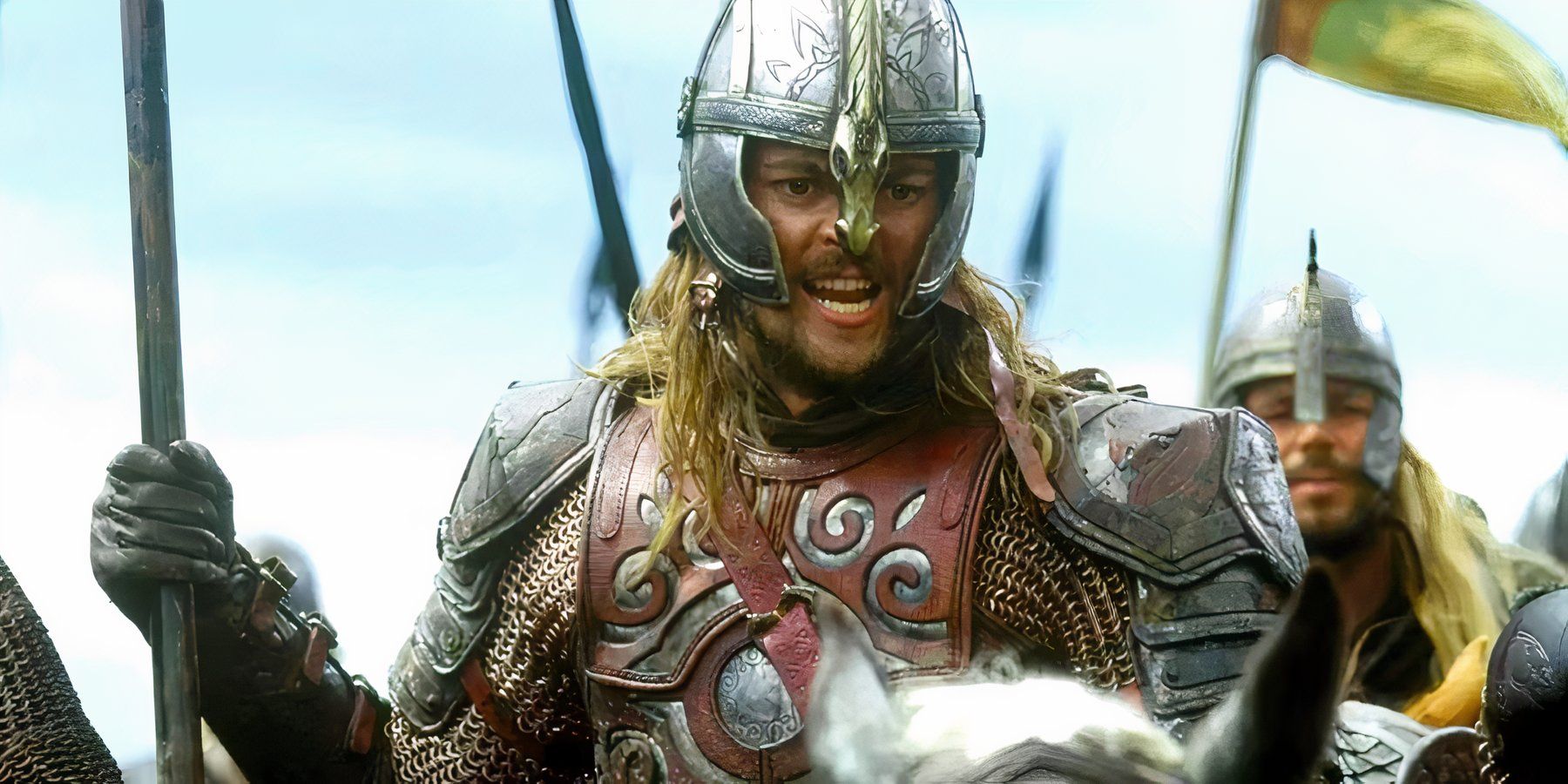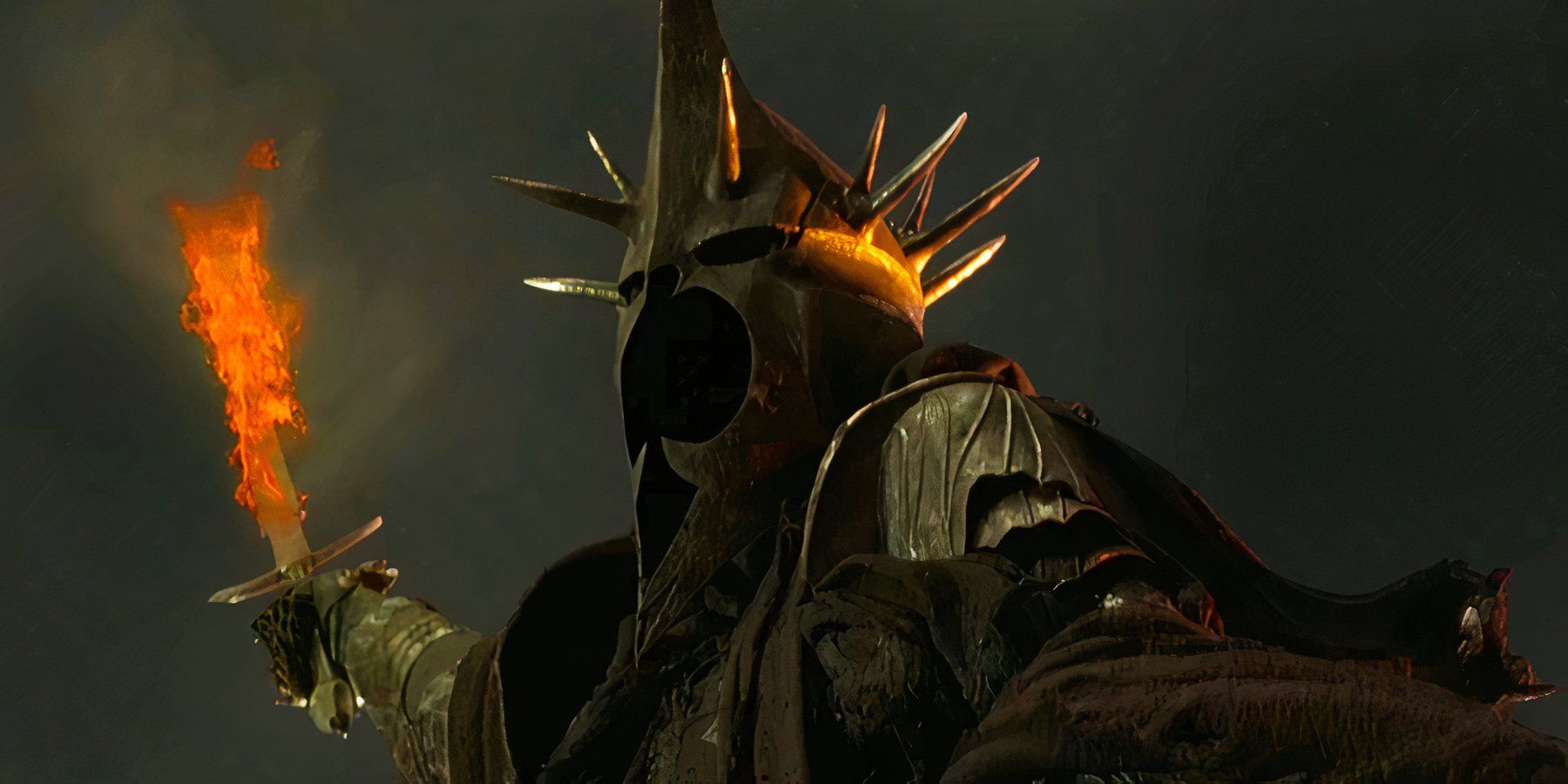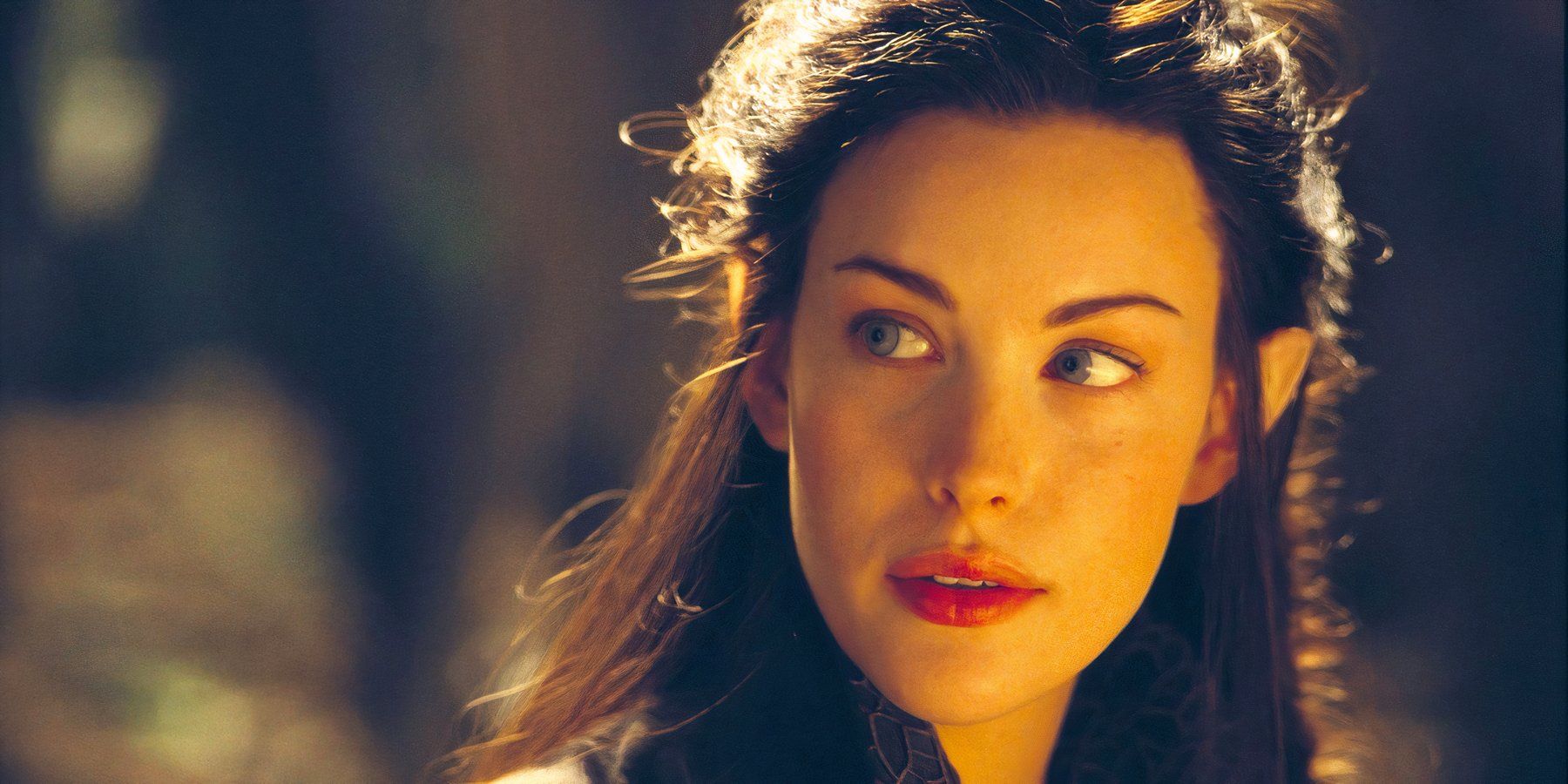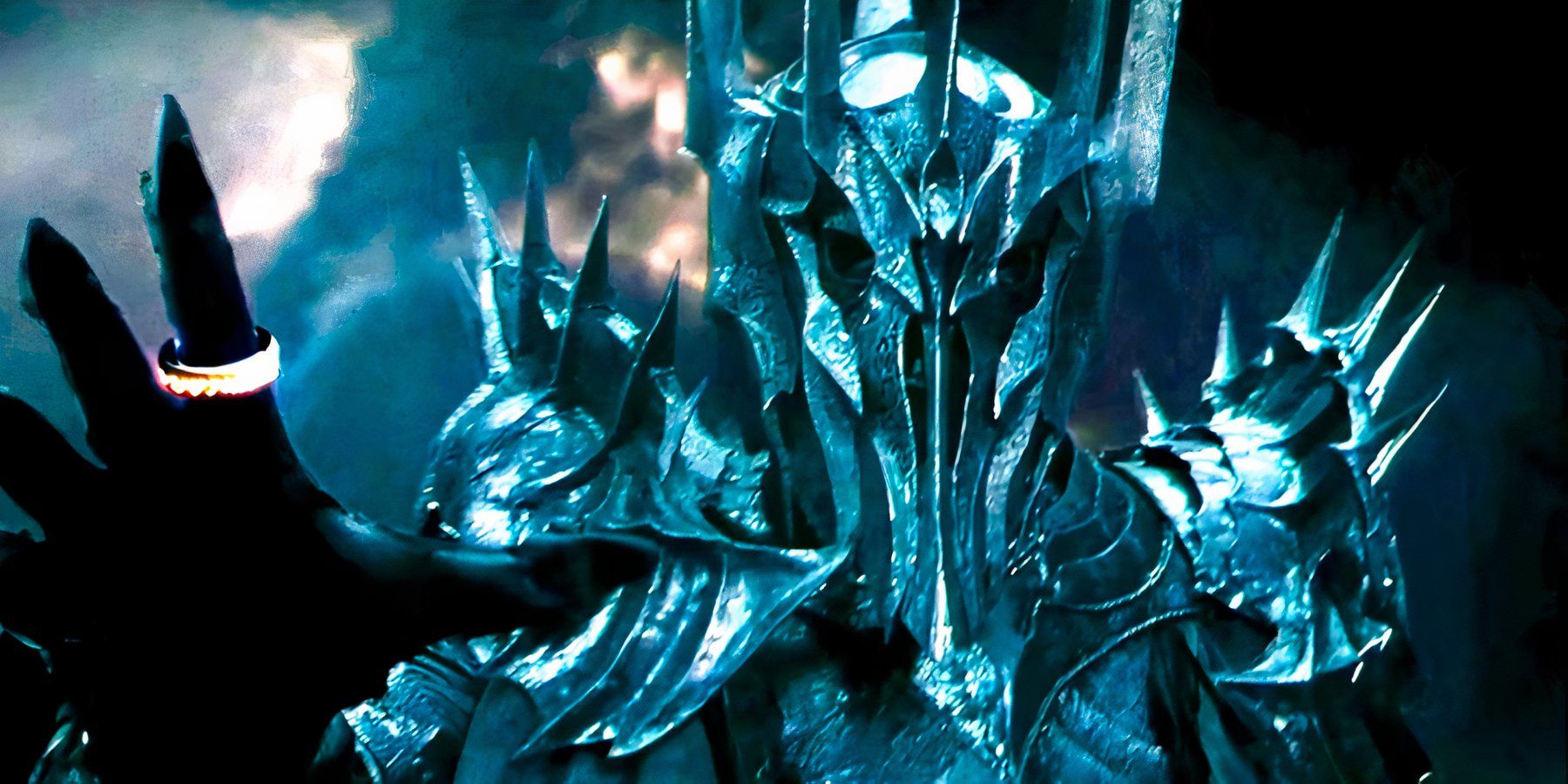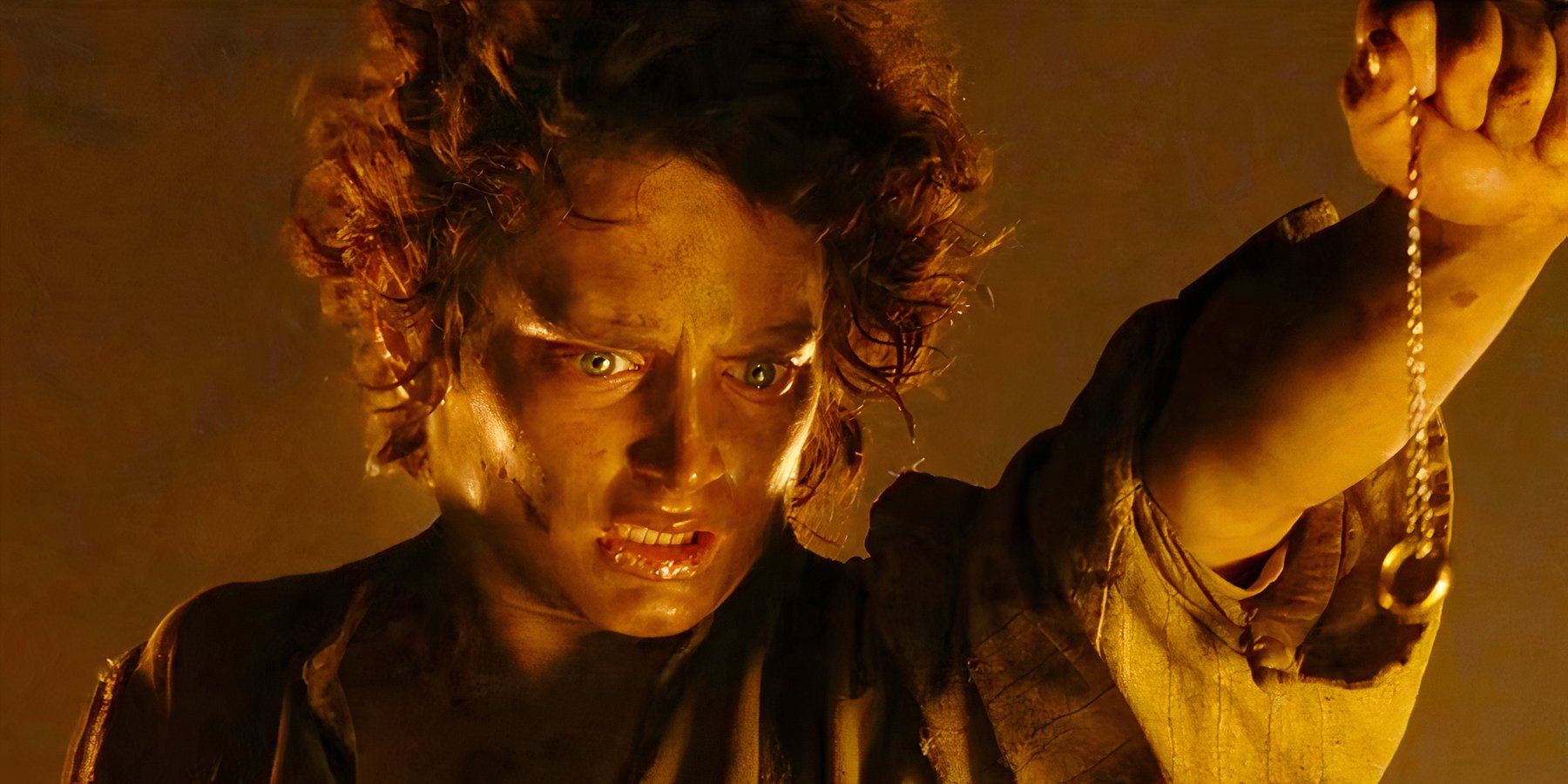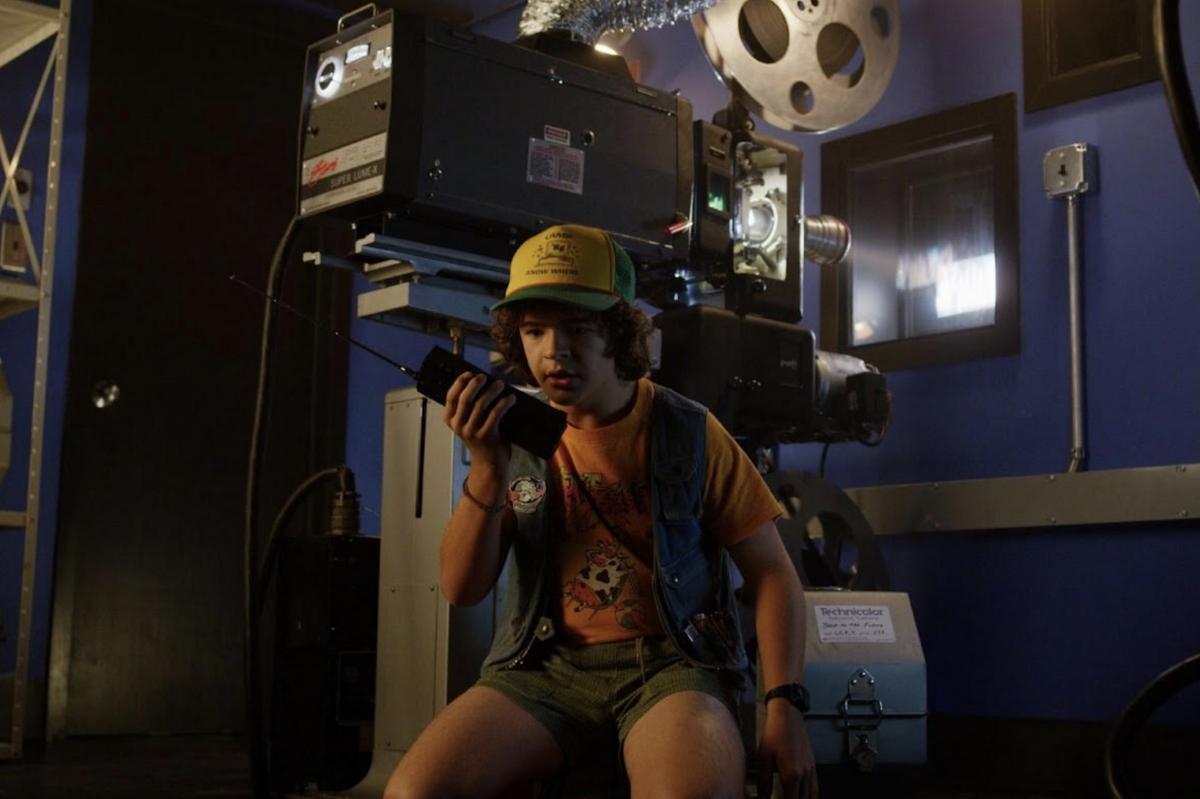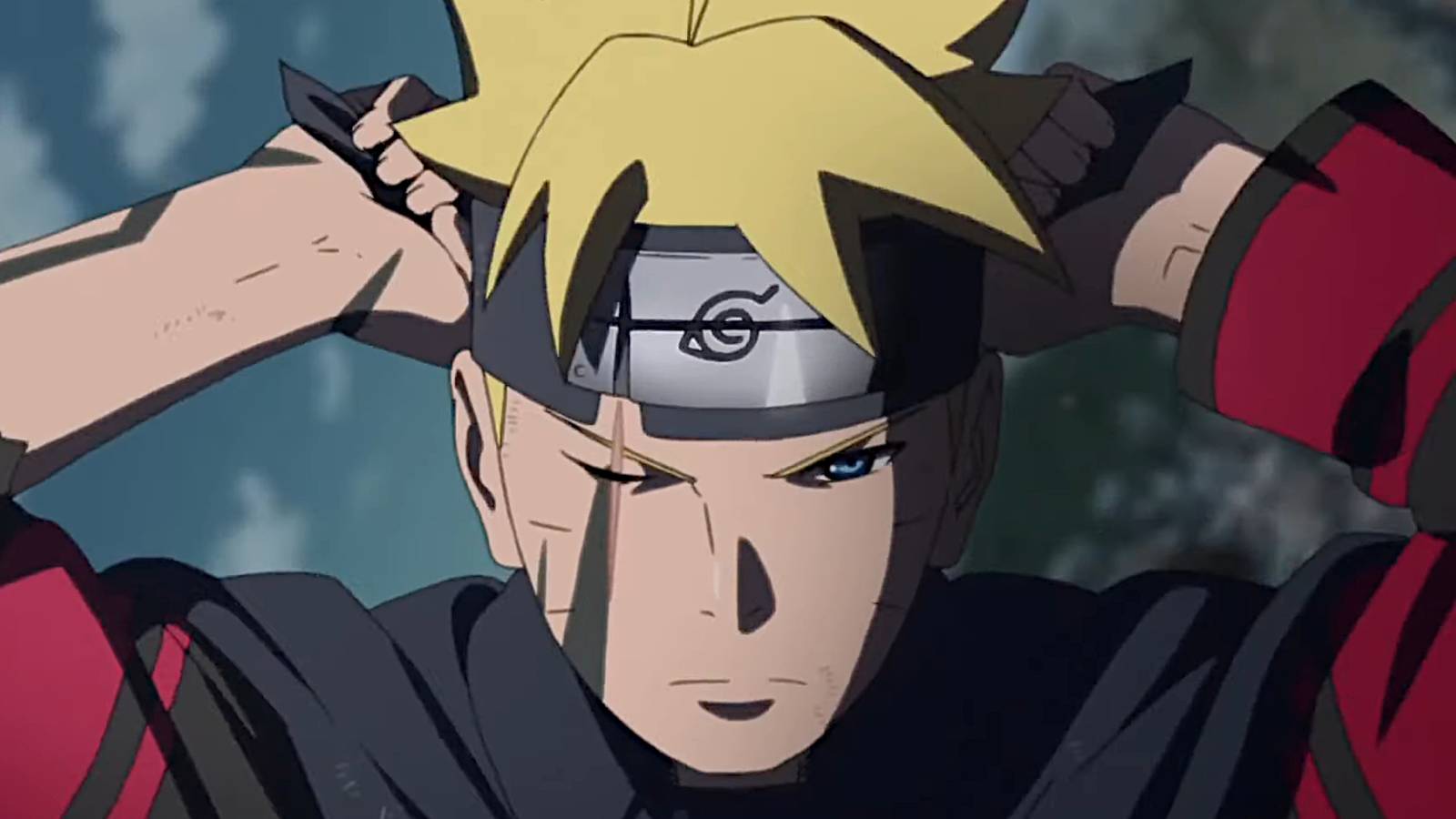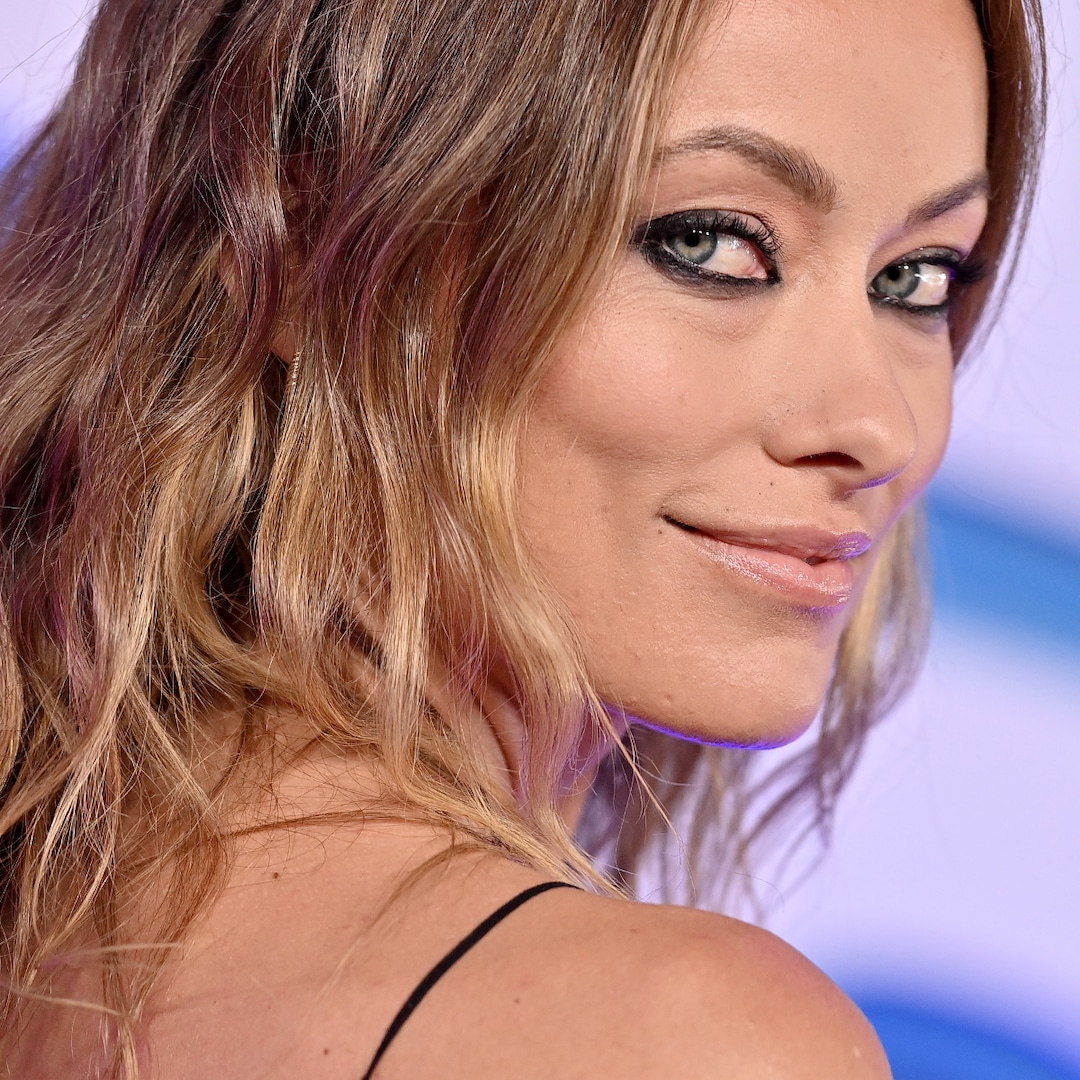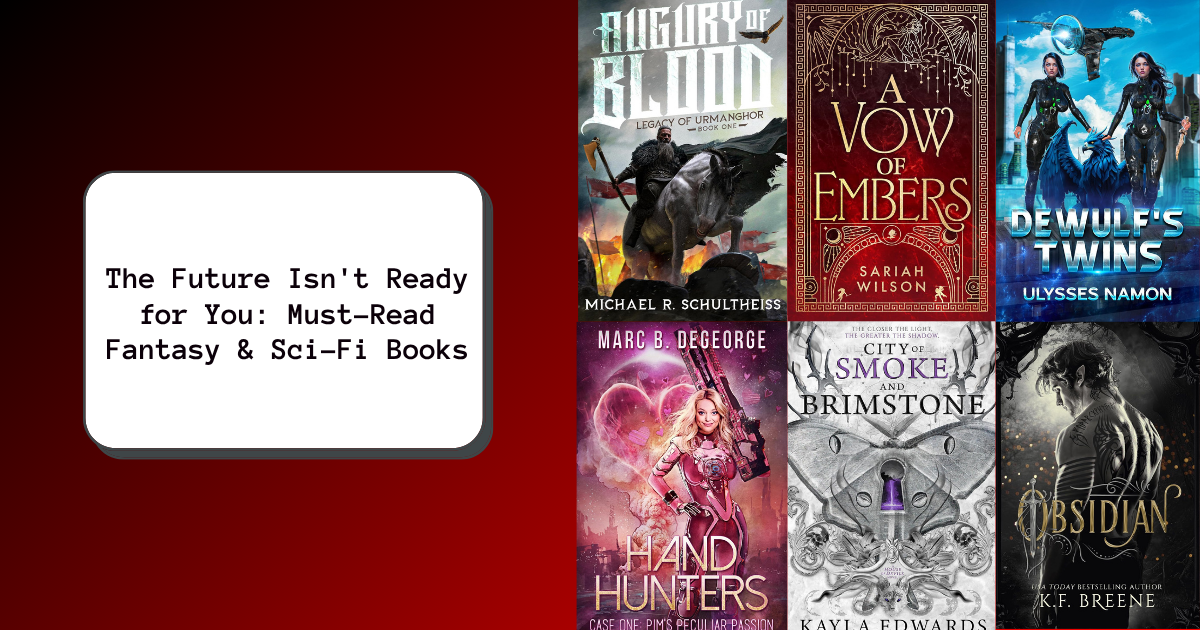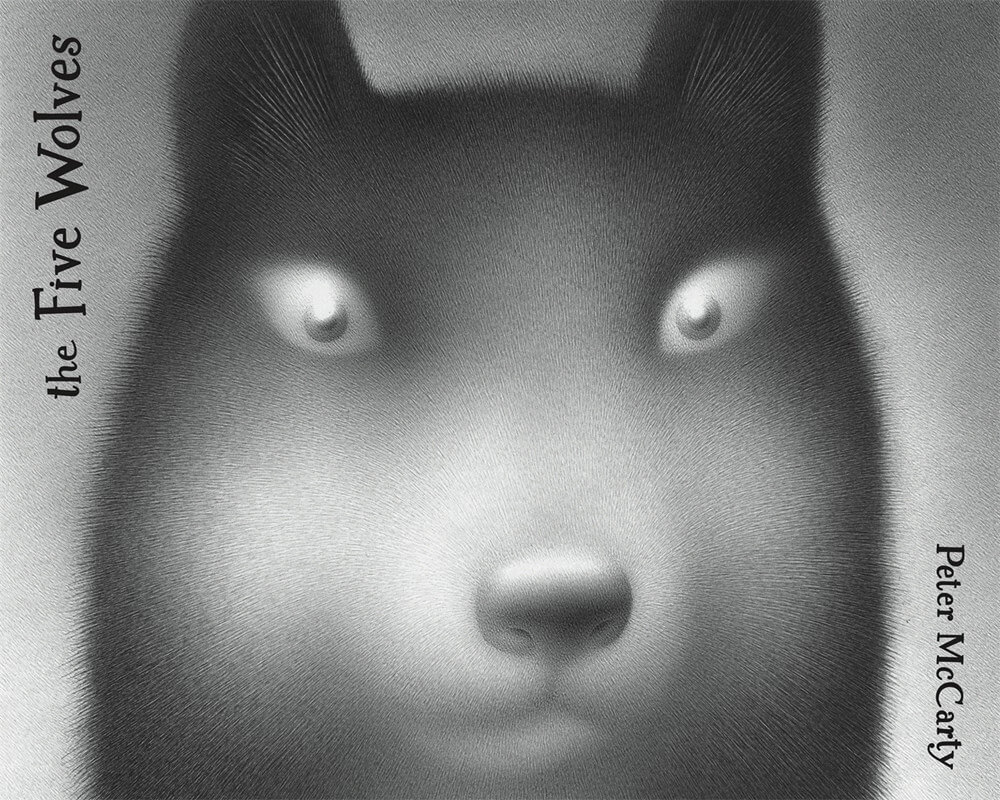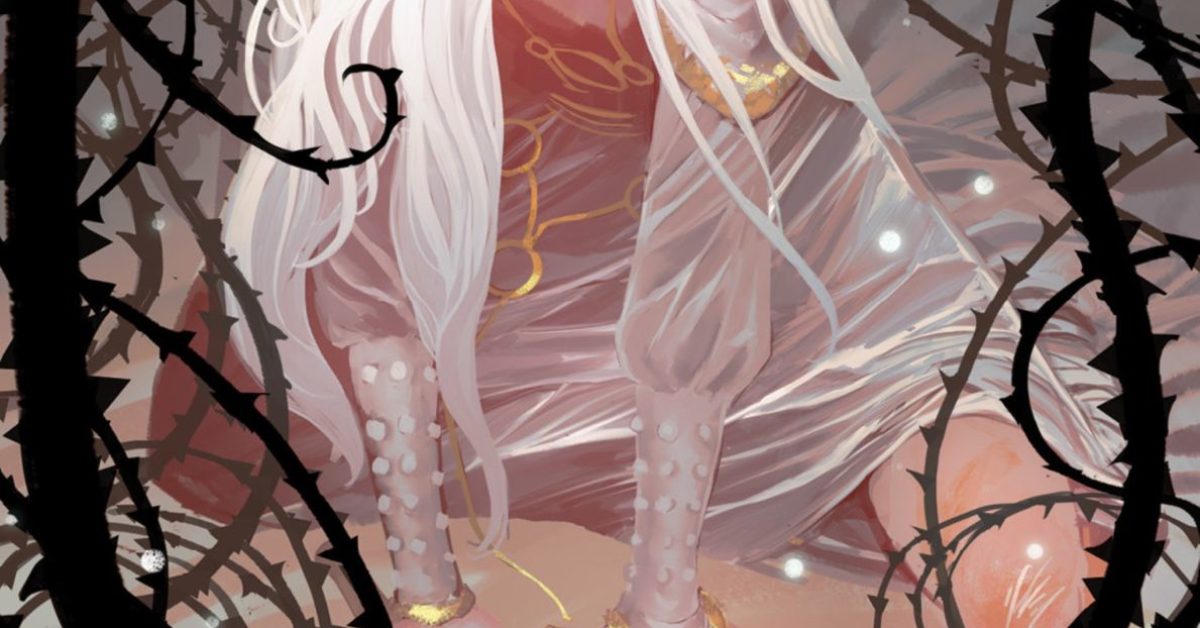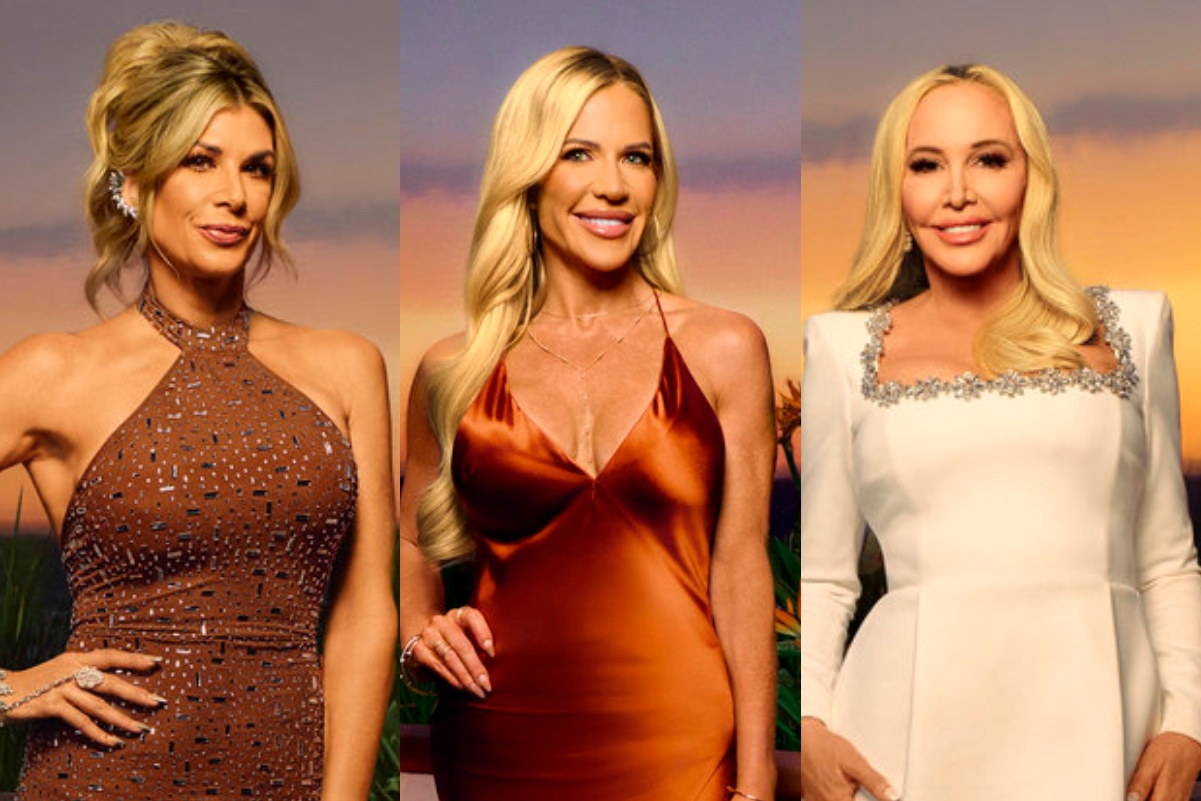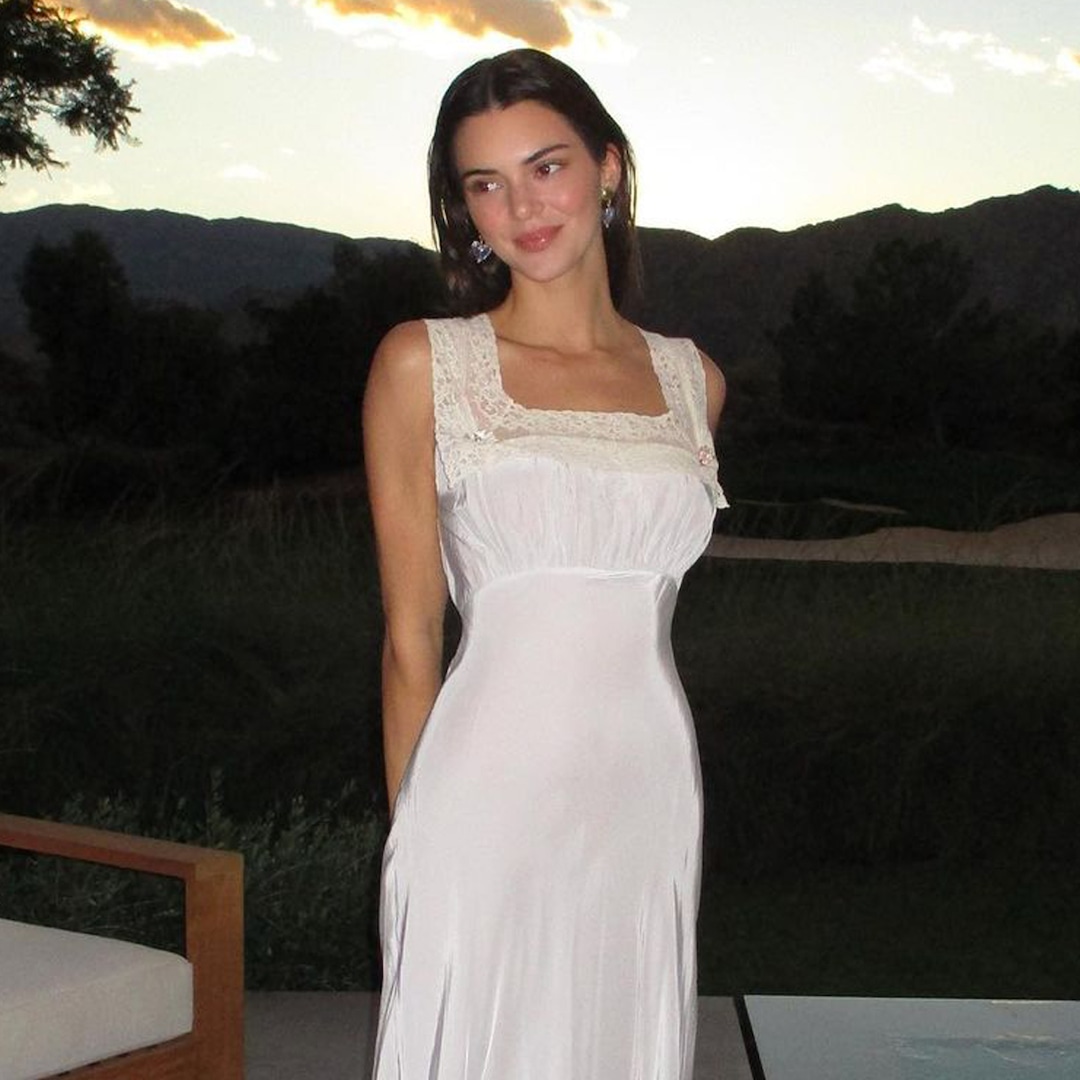Taking place in the richly designed world of J.R.R. Tolkien’s Middle-earth, Peter Jackson‘s cinematic adaptation of The Lord of the Rings trilogy brought to life an enormous roster of characters, spanning multiple fantasy races, warring factions, and epic time periods. With such a huge cast, it’s easy for certain popular characters like Aragorn, Gandalf, and Samwise Gamgee to dominate fan discussions and feature more prominently in most people’s memories of the trilogy. But there are many characters whose depth, impact, and overall design have been frequently overlooked or underrated.
At the heart of The Lord of the Rings trilogy is the profound idea that those who are underestimated may rise to greatness. This theme is exemplified most notably in the pivotal role played by the Hobbits in the downfall of Sauron. The Dark Lord’s fatal mistake, born from his arrogance, was the underestimation of the Hobbits of the Shire. In the same spirit that allowed the Hobbits to become celebrated heroes across all of Middle Earth, fans might do well to reexamine which characters they hold dear, and give some lesser-appreciated characters a second look.
10 Éomer (Karl Urban)
“My company are those loyal to Rohan, and for that we are banished.”
In Peter Jackson’s film trilogy, Éomer, played by Karl Urban, is introduced as the fiercely loyal nephew of King Théoden of Rohan. A formidable warrior and a natural leader, Éomer is instrumental in the defense of Rohan against the forces of Saruman and Sauron. In Rohan’s darkest moment, when Théoden is caught in the grip of Saruman’s manipulation, Éomer remains loyal to the throne and to his people, even at the risk of banishment. His triumphant return to aid Rohan at the Battle of Helm’s Deep, and his valiant courage in the charge on the Pelennor Fields display his moral heart and are highlights of the series.
Éomer’s underrated status may be attributed to his relatively limited screen time in the enormous narrative of the trilogy. However, Urban’s portrayal brings an intensity to Éomer that is often overlooked. Additionally, Éomer’s gorgeous leather armor, detailed chain mail and intricate helmet adorned with a long horse-hair plume, was expertly designed by Ngila Dickson and Richard Taylor’s talented costume team and is among their best work on the franchise. Éomer’s character embodies the resilient spirit of Rohan, and his unwavering dedication to his people and his king highlights a sense of duty and honor that is crucial to the story’s themes of loyalty, personal morality, and the enduring power of standing up for what is right in the face of overwhelming odds. Urban’s performance, marked by a rugged charisma and emotional resonance, deserves more recognition for its contribution to the rich tapestry of Middle-earth.
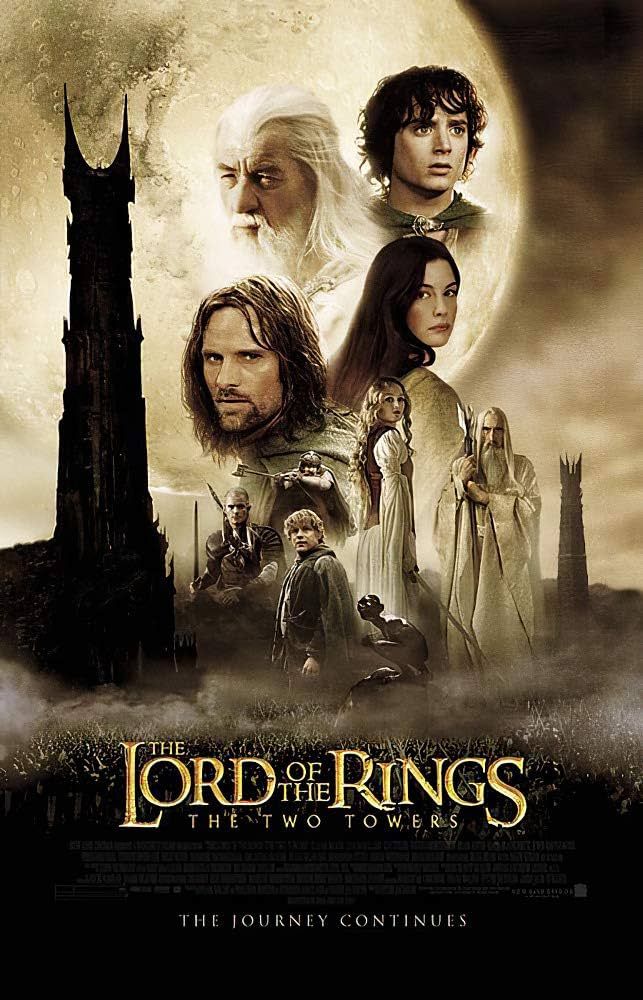
The Lord of the Rings: The Two Towers
- Release Date
- December 18, 2002
- Runtime
- 179 minutes
9 The Witch King of Angmar (Lawrence Makoare)
“Do not come between the Nazgûl and his prey.”
Wounding Frodo on Weathertop in The Fellowship of the Ring, and returning in the later stages of the story to lead Sauron’s siege of Minas Tirith, The Witch King of Angmar is the leader of the Nazgûl. A terrifying and enigmatic figure in Jackson’s trilogy, his chilling presence reverberates off the screen. In a film trilogy where the primary antagonist is hidden from view for the entire duration of the series, The Lord of the Rings relishes in its secondary villains, gifting audience members with a devilish cohort of sneering, hulking, terrifying foes. The Witch King stands out for having dealt Frodo his first mortal wound, one which continued to plague him for decades after the war of the ring, and the Nazgûl Lord’s confrontation with Éowyn and Merry in The Return of the King is one of the film’s most memorable moments.
The character design here is truly remarkable; the hollow, empty eyes of the horned helmet, coupled with the overlapping pauldrons and absurdly large mace coalesce into a horrifying figure with a striking silhouette. The stature of the Witch King was provided by 6 foot 4 actor and stuntman Lawrence Makoare, who had also given a menacing and memorable performance as the Uruk-hai warrior Lurtz in The Fellowship of the Ring. An unnaturally loud whispering voice, given by Gollum’s Andy Serkis, enriched the character with an unsettling charisma. The Witch King’s presence elevates the stakes of the trilogy’s final act, making him an essential yet underappreciated part of the narrative.
8 Arwen (Liv Tyler)
“I would rather share one lifetime with you than face all the ages of this world alone.”
The noble Elven maiden Arwen, portrayed by Liv Tyler, plays a much more prominent role in Peter Jackson’s films than in Tolkien’s original novels. As the daughter of Lord Elrond, and the forbidden love of Aragorn, Arwen finds herself grappling with many themes which are at the very core of the trilogy, such as the fickle belief in hope for a better future, the nature of personal sacrifice, and the importance of love in times of great evil. Arwen’s scenes, particularly the dramatic river confrontation with the Nazgûl in Fellowship of the Ring, and her emotional decision to forgo her birthright of immortality to stay in Middle-earth with the one she loves, add a strength and depth to her character and emphasize the personal costs of the war against Sauron.
Tyler’s performance imbues Arwen with grace, strength, and a quiet determination. Dickson and Taylor’s costume work for the elves is magnificent and Arwen’s wardrobe is no exception. In lesser hands, her character might take on a nearly symbolic nature as an idealized future for Aragorn, but this depiction is complicated in Jackson’s trilogy by focusing more specifically on her own internal struggle between her familial duties and her love for Aragorn, instilling the narrative with a hopefulness despite the growing dangers of Mordor. Arwen’s sacrifice not only underlines the beauty of her relationship with Aragorn, but also suggests a belief in the virtue of finding something to love, no matter the course of one’s destiny.
7 Shelob
“All living things were her food, and her vomit darkness.”
Shelob, the horrible giant spider who dwells in Cirith Ungol, presents one of the most terrifying obstacles for Frodo and Sam. Her lair, high in the mountains surrounding the dark land of Mordor, is filled with spiderwebs and the corpses of her victims, and becomes a harrowing setting for one of the trilogy’s most intense sequences. Shelob’s attack on Frodo challenges Sam’s bravery, and places the journey to destroy the One Ring in mortal peril, forcing its heroes to ultimately choose between each other or their mission; a choice which Sam valiantly takes on.
Shelob, despite her nature as a hungry animal, is nonetheless a character, brought to life brilliantly in her own right. The design of this fully digital creature is masterful; Weta Workshop, the special effects house responsible for the awe-inspiring digital creations that populate the world of Middle Earth, created a creature both horrifying and believable. The scenes involving Shelob are a testament to the film trilogy’s ability to blend practical effects with CGI seamlessly, a feat made all the more impressive as time goes on, for the special effects in The Lord of the Rings have scarcely aged a day. While Gollum might get all the limelight (perhaps rightfully so, for Andy Serkis’s performance alone), Shelob remains an unsung hero in the world of digital special effects.
6 Faramir (David Wenham)
“War will make corpses of us all.”
The heroic Gondorian, Faramir, (David Wenham) is the younger brother of Boromir and the son of the despotic Denethor, Steward of Gondor. Introduced in The Two Towers, Faramir initially appears as a character who could risk repeating his brother’s mistakes by succumbing to the temptations of darkness and taking the One Ring for himself. However, he ultimately shows his strength and wisdom by resisting the ring’s temptation and aiding Frodo and Sam in their journey to destroy it.
Faramir’s underrated status may be partly due to significant changes made to his character in the films, which diverge from the book’s portrayal. In Tolkein’s work, Faramir is a righteous and infallible man from the moment of his introduction, never once betraying any kind of temptation towards the ring. But Jackson’s trilogy arguably improves upon the character by giving him one of the most vulnerable and relatable character arcs in the whole of the trilogy; by highlighting Faramir’s feelings of inadequacy in the shadow of his brother, his ultimate decision to allow Frodo and Sam to ferry the Ring to its inevitable destruction is made all the more powerful. Wenham’s performance brings a quiet dignity and depth to Faramir, capturing his internal struggle and his desire for his father’s approval.
5 Meriadoc Brandybuck (Dominic Monaghan)
“All that was once great and good in this world will be gone. There won’t be a Shire, Pippin.”
Merry Brandybuck, portrayed with delightful zeal by Dominic Monaghan, is one of the four Hobbits who embarks on the quest to destroy the One Ring. Despite being a key member of the Fellowship, Merry is often overshadowed by his fellow Hobbits, especially Frodo and Sam. However, Merry’s character arc, from a playful and carefree Hobbit to a brave and idealistic fighter, is one of the most compelling in the trilogy, made all the more effective by his status as the default comedic relief for much of the trilogy, along with his best friend Pippin.
Merry, upon his introduction, is a mischievous and somewhat naive Hobbit, and his journey across Middle Earth presents him with challenges that upend his worldview, instilling in him a desire to fight for the good of all Middle Earth. Monaghan’s performance brings a wonderful depth to Merry, never sacrificing his boyish charm, while broadening his conceptions of what it means to stand up for what he believes in, as well as warning against the dangers of complacency in the face of evil. His friendship with Pippin and his bond with Rohan’s King Théoden highlight his ability to forge meaningful relationships, while his impassioned plea to Treebeard and the Ents showcases his growth as a true believer. Merry’s role in the Battle of Pelennor Fields, in which he helps to slay the Witch King of Angmar, is a testament to his bravery and his contribution to the Fellowship’s ultimate victory against Sauron.
4 Peregrin Took (Billy Boyd)
“We have no songs for great halls and evil times.”
Pippin Took, played by Billy Boyd, is another Hobbit whose importance is often overlooked, especially as he inhabits a much more comedic role in the first two films. Initially portrayed as the most carefree and curious of the Hobbits, Pippin’s journey unfolds as he becomes increasingly aware of the gravity of their quest and his own role in the larger conflict. The development of his friendship with Gandalf and his undying loyalty to his friends solidifies Pippin as among the bravest of the Fellowship.
Billy Boyd’s performance brilliantly captures Pippin’s evolution, showcasing his comedic chops early in the trilogy, and effortlessly transitioning into moments of shattering fear, doubt, and eventual courage. Pippin’s growth culminates in two of the greatest scenes in the ultimate chapter of the Trilogy, Return of the King, in the first of which he regales the Steward Denethor with a mournful song, all while the mad despot feasts gluttonously. The second scene occurs as all hope appears to be lost in the siege on Minas Tirith, in which the lovable young Hobbit breaks down in tears, speaking with Gandalf about the nature of mortality, and the virtue of losing one’s life in a battle worth fighting.
3 Sauron
“Build me an army worthy of Mordor.”
Sauron, the Dark Lord of Mordor, is the primary antagonist of the Lord of the Rings trilogy. As a personality, not much can be said of him (although the prequel series Rings of Power makes a valiant effort to turn him into a living breathing character in his own right). However, the ever-present nature of his oppressive power and the incredible design of his imposing armor make him a formidable villain, and a terrible specter of Middle Earth’s doom. Despite his absence from much of the physical action, Sauron’s presence looms large over the entire narrative, driving the quest to destroy the One Ring and uniting the forces of Middle-earth against him.
Sauron is unique among movie villains for his nature as a distant and almost abstract evil force, meaning that he lacks the screen time and personal interactions that often serve to humanize other characters. This abstract approach to the character’s evil nature is precisely what makes him interesting, as his malevolent power can then be attributed to aspects of the world of Middle Earth and entire regions of the map as a whole, from the corrupted landscapes of Mordor to the psychological toll that the power of the One Ring takes on characters like Frodo, Sam and Boromir. The breathtaking design of Sauron’s fiery eye and the symbolism associated with it add a wholly unique dimension to what could otherwise be an impotent character.
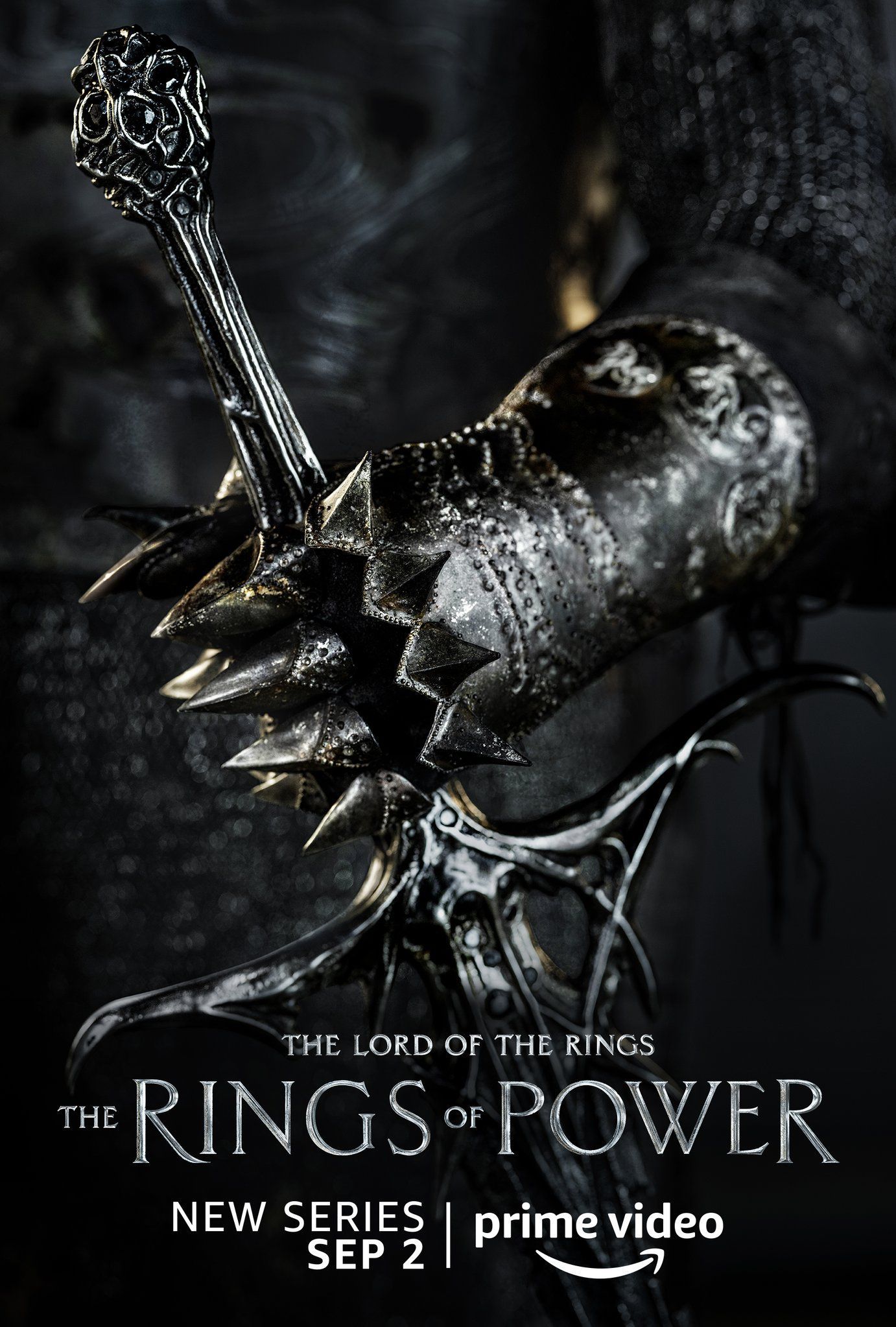
The Lord of the Rings: The Rings of Power
- Release Date
- September 1, 2022
- Cast
- Morfydd Clark , Benjamin Walker , Nazanin Boniadi , Peter Mullan , Lenny Henry , Robert Aramayo , Cynthia Addai-Robinson , Ismael Cruz Cordova , Joseph Mawle , Ema Horvath , Markella Kavenagh , Owain Arthur
- Studio
- Amazon
2 Gimli (John Rhys-Davies)
“Let them come. There is one dwarf yet in Moria who still draws breath.”
Gimli, the brash, confident, stalwart Dwarf warrior, is a powerful ally in the quest to destroy the Ring throughout the trilogy, yet he is often overshadowed by the more traditionally heroic members of the Fellowship, such as Aragorn and Legolas, whose stoic masculinity and reserved personalities give them a suggestion of inner complexity and quiet depth. Gimli’s character is defined by his loyalty, courage, and outspoken humor, making him a lovable figure who wears his heart on his sleeve.
John Rhys-Davies’s performance brings Gimli to life with a tactful wit, gruff demeanor, and moments of insightful vulnerability which underscore his relationships to great effect. Gimli’s friendship with Legolas and his unwavering determination in battle, especially during the defense of Helm’s Deep and the Battle of the Pelennor Fields, grant him a relatable edge unique among the non-Hobbit members of the fellowship. The tragedy of Gimli’s backstory, concerning the loss of many of his relatives in the cataclysmic decimation of the Mines of Moria, give him a depth and honorable courage which stays true from the moment he is introduced through to the very end of the trilogy.
1 Frodo Baggins (Elijah Wood)
“I will take it. I will take the ring to Mordor. Though I do not know the way.”
Frodo Baggins, portrayed by Elijah Wood, is the central character of the Lord of the Rings trilogy. His character arc is a truly powerful one: at the outset, Frodo is a young Hobbit, content to live in the Shire far from any conflicts occurring in the eastward parts of Middle Earth. But by the end of the trilogy, he is a brave and altruistic soldier, fighting for his life at the heart of an unfair and unyielding war. The injustices of violence upon the lives of the innocent are embodied in Frodo, as he is never again able to return to the life of comfort he once led. The toll that war takes on those who least deserve it is potentially the most important theme at the core of Tolkien’s masterwork.
Despite his central nature as the main protagonist, Frodo’s heroism is frequently undercut by fans of the series, often in favor of elevating the heroic acts of Samwise Gamgee (a character whose bravery should likewise not be overlooked). Yet Frodo’s internal struggle and his quiet dedication to his perilous task are incredibly admirable, especially when compared to the epic battles and displays of power by other characters. Wood’s performance captures the overwhelming terror of Frodo’s psychological turmoil, as well as the heartbreaking tenderness of his friendship with Sam. His moments of abject despair, and the ultimate sacrifice of his innocence in the name of war are truly at the heart of the trilogy.
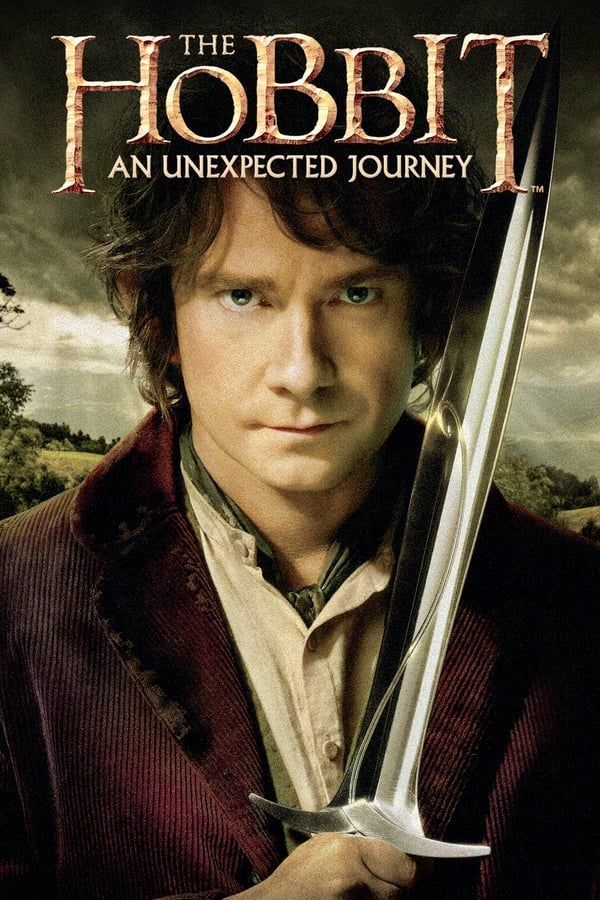
The Hobbit: An Unexpected Journey
- Release Date
- December 14, 2012
- Cast
- Martin Freeman , Ian McKellen , Richard Armitage , Ken Stott , Cate Blanchett , Ian Holm , Christopher Lee , Hugo Weaving , James Nesbitt , Elijah Wood , Andy Serkis
- Runtime
- 169 minutes

